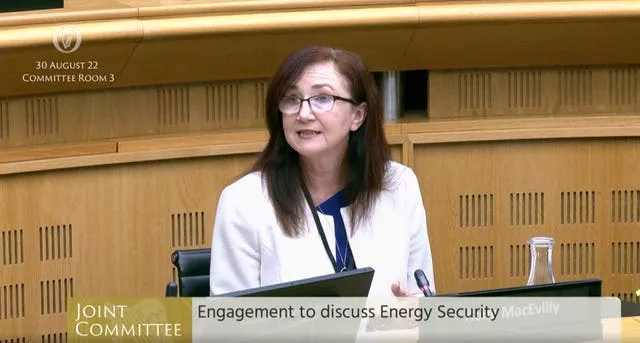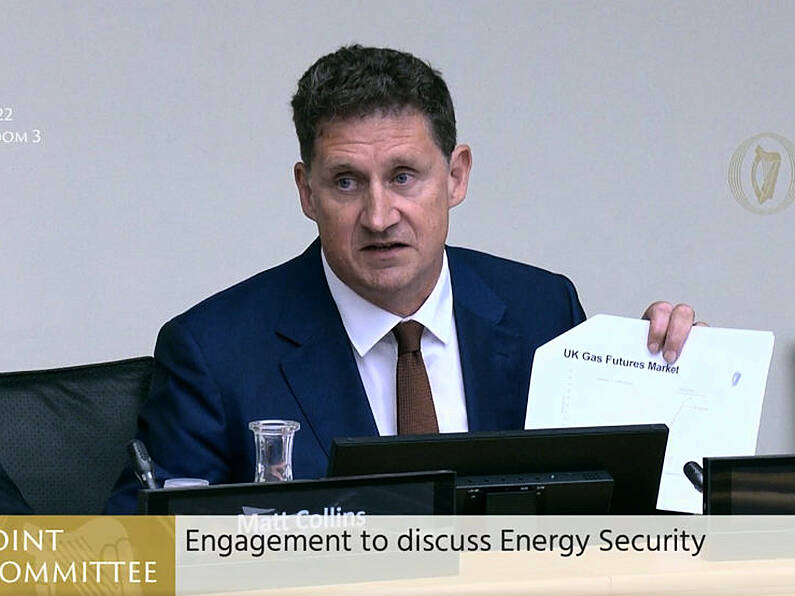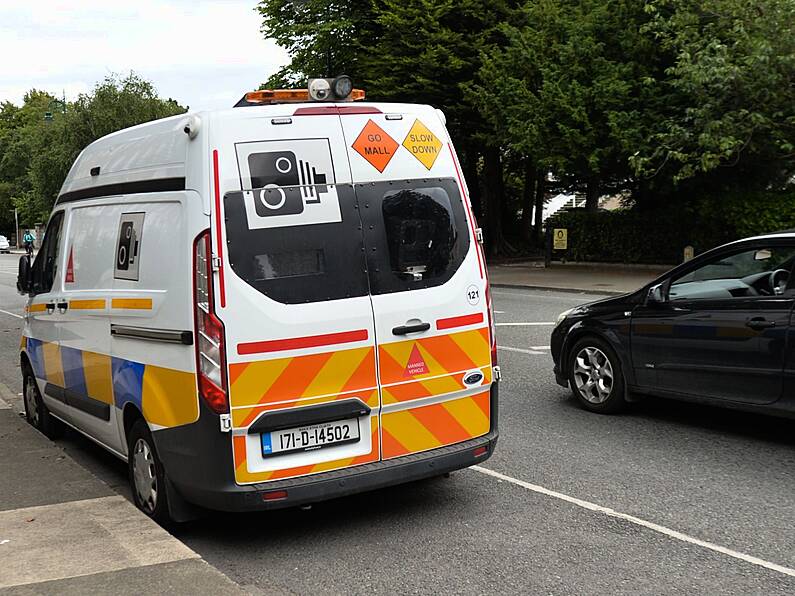By Gráinne Ní Aodha, PA
There is a similar risk of electricity blackouts in Ireland this year as there was last year, an Oireachtas committee has heard, adding that the squeeze on energy supplies across Europe, coupled with low wind, would be its biggest threat.
Committee members were also told that the “unprecedented” spike in electricity and gas prices are much more of a concern to Irish householders than reforming the European electricity market.
Representatives of Eirgrid, a State-owned body responsible for managing Ireland’s power system, said that the risk to Ireland’s energy supplies this winter are similar to last year, but did admit there was a “heightened risk” due to the rest of Europe’s energy supplies being “tight”.
“It’s slightly worse than last year but similar, yes,” Eirgrid’s chief operations officer Rodney Doyle replied when asked about the gap between electricity supply and demand in Ireland.
“Last winter we had a similar situation and we had no loss of power at all,” he added when asked about being short 280 megawatts at the start of winter.
Minister for the Environment Eamon Ryan told the committee that discussions on how to reform Europe’s electricity market to one that “really functions and brings us back into balance”, came from an “absolutely unprecedented increase in gas prices as a result of the war – and it is directly a result of the war”.
He said that discussions are ongoing in Europe on how to solve the problem of gas prices setting the price in the electricity market.
“How do we avoid that 14-fold increase in gas prices leading to a 14-fold or similar such increase in electricity prices?” he asked, adding that a meeting of EU energy ministers next week would examine that issue.
“I’ll be honest, the scale of the potential impact on the Irish householder, it’s this price impact due to the external shock by gas being used as a weapon of war in this war (the Russian invasion of Ukraine), is a factor of ten times more significance in terms the potential impact on Irish householders.
“This energy price crisis because of the war overshadows everything. It is absolutely dominant,” he added.
Mr Ryan said that a windfall tax was one of a number of measures the government would be considering.
He added: “I think what we need is everyone in this country now to really focus on energy efficiency in everything we do.
“Our ‘Reduce Your Use’ campaign is going to be ramped up… it’s the best protection against high prices.”
Chairwoman of the Commission for Regulation of Utilities Aoife MacEvilly told the committee that “all prices are going up for all customers at a level that we have not seen before, and that is of significant concern for all of us.”

Mark Foley, chief executive of Eirgrid, said that the two things that could cause electricity shortages in Ireland this winter would be a lack of wind in Ireland, meaning that they will need to buy supplies from Great Britain to make up the shortfall.
“Our greatest risk will manifest at times of very low to zero wind, and low imports from Great Britain,” Mr Foley said.
Contingency plans agreed “in forensic detail with the ESB and with major industrial units” are robust, he added.
“Neither I nor anyone else here before you today can offer a cast-iron guarantee for this winter.
“Nobody can. I can say that we’re very well prepared.
“And I can say that when the wind blows, we won’t have issues.
“The risk of end-customers being impacted is increased this winter because all jurisdictions across Europe are tight, interconnectors are stressed, and there will be times when there won’t be just be a stressed Irish system, it will be a stressed European system,” he added.

Mr Foley also told the committee that Eirgrid’s forecast of electricity demand “is not an issue”, that its prediction of what demand would be has been within “1-2%” of actual demand, and that the total growth in demand over the last five years has been 9%.
“This is not excessive for a vibrant western economy,” he added.
“As a country, we should be capable of meeting this demand without emergency intervention.”
When Mr Ryan was asked if there was an issue with the government being warned of possible energy supply issues, he said: “I believe all those three organisations serve the public interest.
“And yes, you have tensions and yes, you have difference, because people are passionate about this and they’re right to be passionate because it’s important for our country to get this right.
“So you will have different views, you’ll have arguments, you’ll have heated debate, but as soon as any problems arose, I’m absolutely confident that the regulator brought them to my attention or that Eirgrid similarly brought it to our attention.”
Eirgrid also told the committee that it is forecasting data centres and new tech will represent around 28% of demand in 2031 versus 17% last year.






